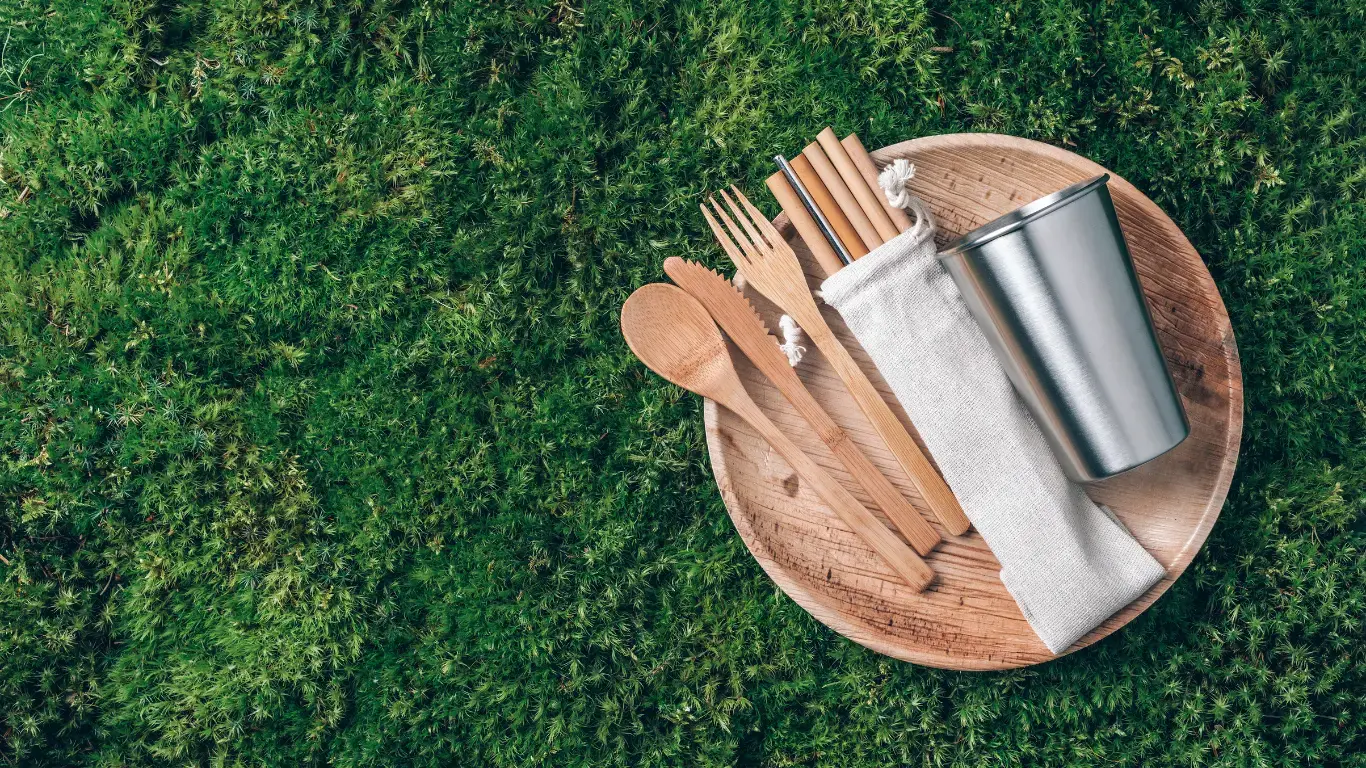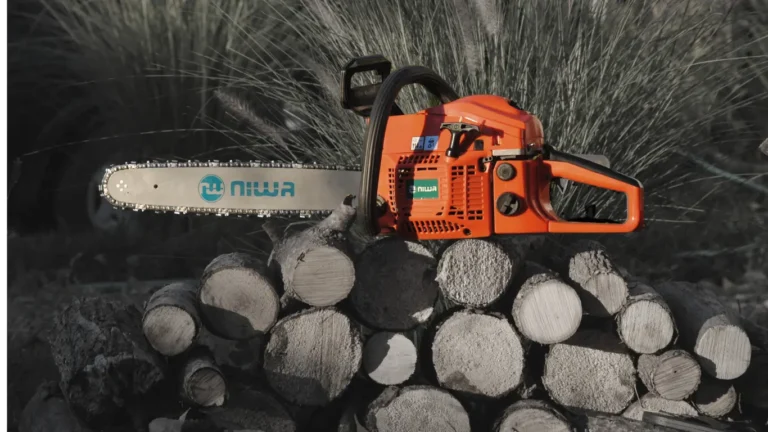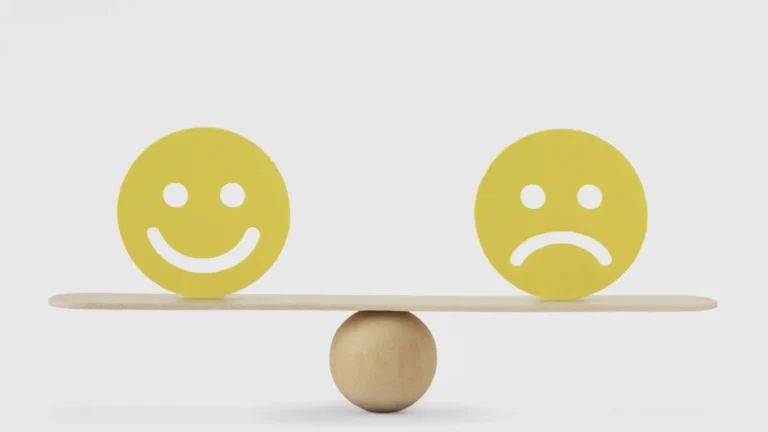In a world where plastic seems to have taken over like an unwelcome houseguest, it’s time to explore some charming alternatives that are kinder to our planet. Let’s dive into these eco-friendly options, each with its own unique flair.
Bamboo: The Fast-Growing Favorite
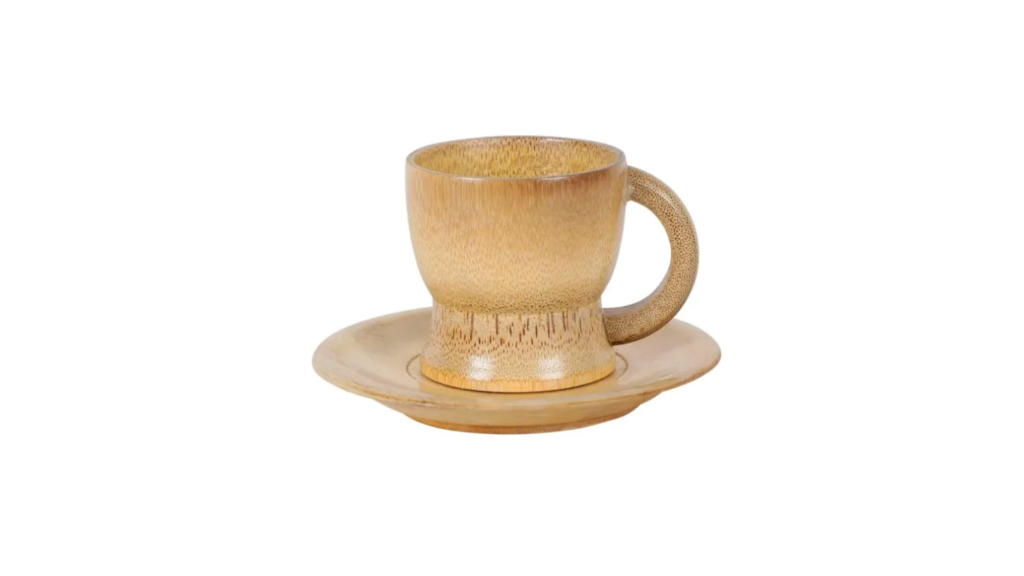
Bamboo is like the overachiever of the plant world, growing up to 91 cm in a single day. Its rapid renewability makes it an excellent material for products like speakers, baskets, and even toothbrushes. Plus, it’s biodegradable, so it won’t stick around like that plastic straw you used once.
Paper: The Original Recycler’s Delight
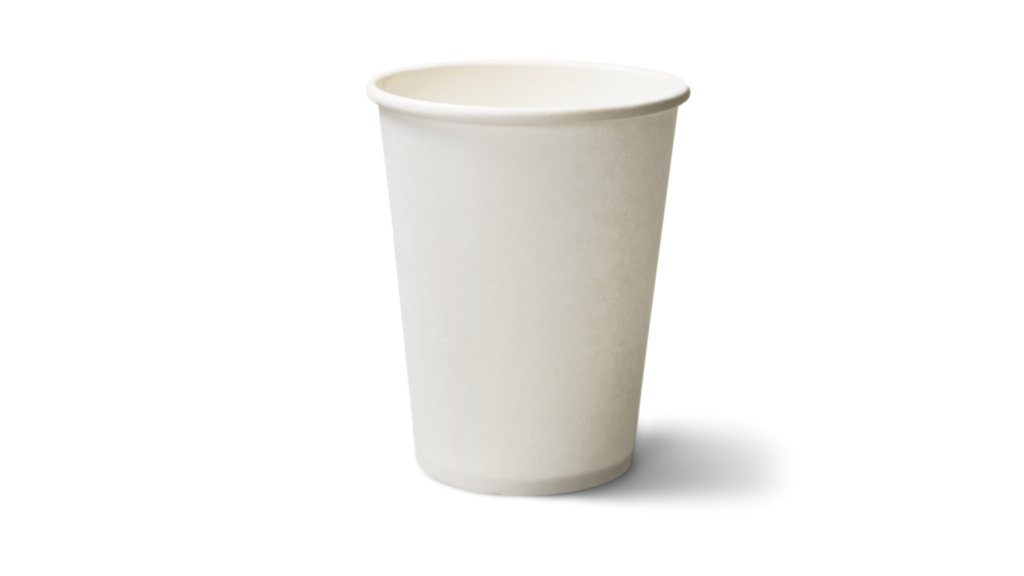
Remember when paper was the go-to for wrapping gifts and jotting down notes? This versatile material is making a comeback, offering a biodegradable and recyclable alternative to plastic. From paper bags to plantable stationery, it’s proving that sometimes, the old ways are the best ways.
Wood: Nature’s Timeless Classic
Wood brings a touch of elegance and durability to everyday items. From wooden glasses to chopping boards, this renewable resource adds a rustic charm while reducing plastic use. Just think of it as bringing a piece of the forest into your home—minus the squirrels.
Cardboard: The Sturdy Sidekick
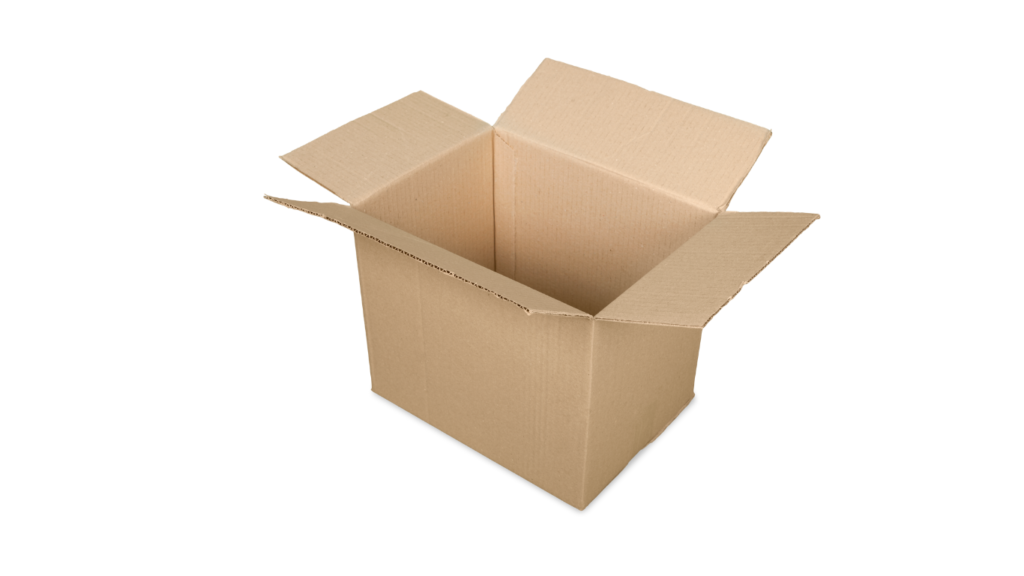
Cardboard isn’t just for impromptu forts anymore. This heavyweight champion is perfect for packaging, storage, and even furniture. Plus, it’s recyclable and biodegradable, making it a win-win for both you and Mother Earth.
Glass: The Elegant Eco-Warrior
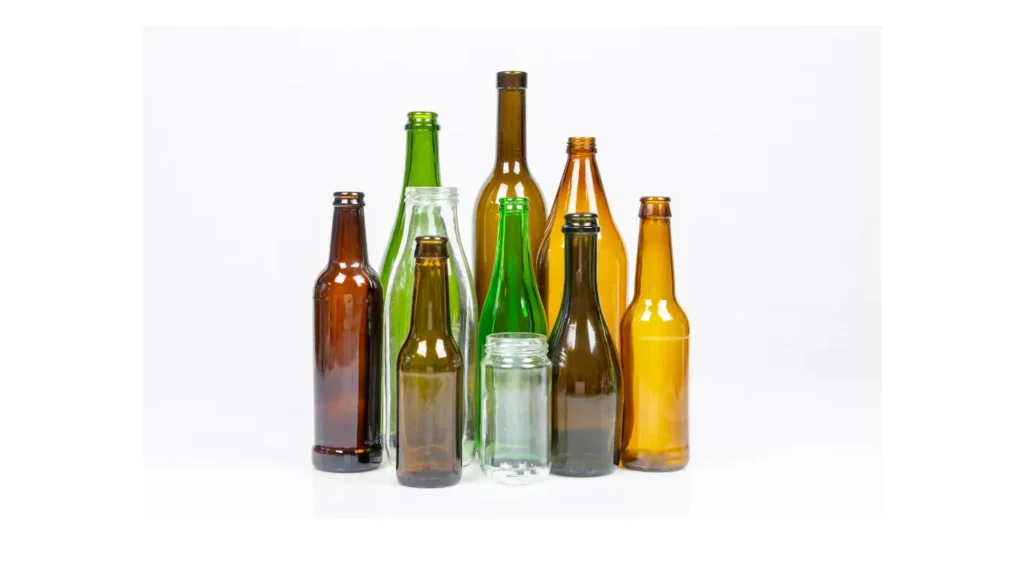
Glass containers are making a stylish comeback in kitchens everywhere. Unlike plastic, glass doesn’t leach chemicals into your food and is endlessly recyclable. So, raise a (glass) jar to sustainability and enjoy your leftovers without a side of microplastics.
Cork: The Lightweight Champion
Cork isn’t just for sealing your favorite bottle of wine. This buoyant material is renewable, recyclable, and adds a unique texture to products like wallets and yoga mats. It’s like giving your accessories a sustainable hug.
Jute: The Unsung Hero of Fibers
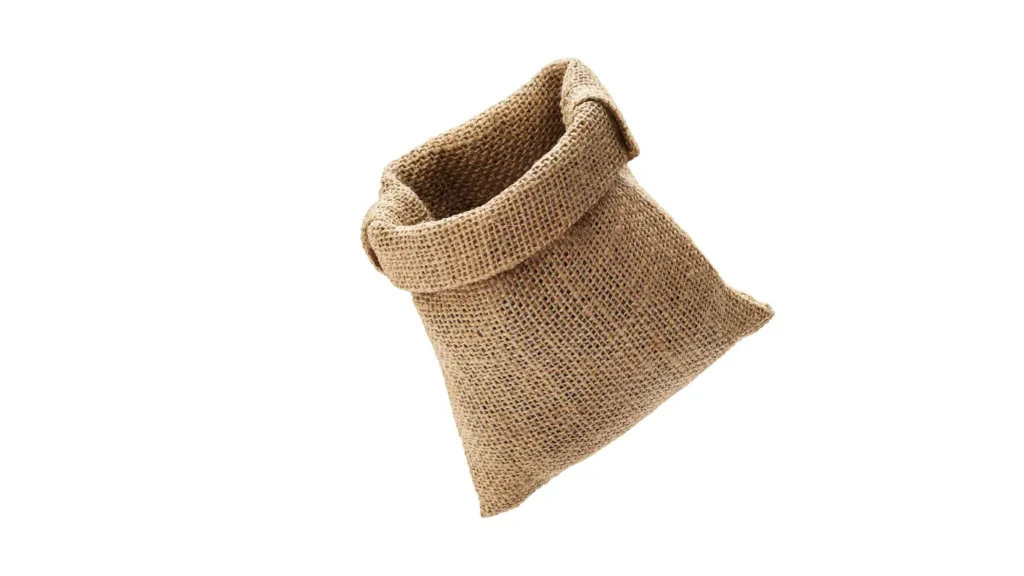
Move over, cotton; jute is here to save the day. This sturdy, biodegradable fiber is perfect for bags, rugs, and even notebooks. Plus, jute plants absorb carbon dioxide and release oxygen at impressive rates, making them the eco-friendly gift that keeps on giving.
Upcycled Fabrics: Fashion’s Eco-Trendsetter
Why buy new when you can upcycle? Transforming discarded fabrics into new products like masks, bags, and cushion covers reduces waste and adds a bespoke touch to your style. It’s fashion-forward and planet-friendly—a true win-win.
Wheat Straw: The Agricultural All-Star
After the wheat is harvested, the leftover straw often goes to waste. Enter wheat straw products, which repurpose this agricultural byproduct into items like plates and containers. It’s like turning trash into treasure, but without the pirate vibes.
By swapping out plastic for these innovative materials, we’re not just making a sustainable choice; we’re embracing creativity, quality, and care for the planet. So, next time you shop, pack, or decorate, remember: life’s better without plastic.


